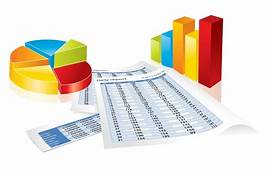This module provides fundamental Communication Concepts to all types of data communication systems such as the OSI Model. The network topologies that comprised of server, client and other networking devices.

- Teacher: San Lynn Aung
- Teacher: Jomar De Luna
This module focuses on the significance of proficiency in utilizing web-based productivity tools in the rapidly expanding internet economy. These tools are valuable not only for students but also for professionals, particularly in a business environment. The module explores different web-based productivity tools and their application in the development of marketing plans.

- Teacher: San Lynn Aung
- Teacher: Edward Wong
This module is designed to introduce students to programming concepts and enforces good style and logical thinking. The emphasis will be on procedural programming and control structures. Thus, it provides a guide to developing structured program logic. it includes logic, design and problem-solving techniques used by programmers and analysts in addressing and solving common programming and computing problems.

- Teacher: Hendro Ang
- Teacher: San Lynn Aung
- Teacher: Edward Wong
This module covers some basic topics in Statistics, like Descriptive Statistics, Sampling Distribution, Estimation, Hypothesis Testing and Chi-Square tests. Students will learn the concepts in each topic & how to apply the formulas. Also to solve the different types of problem applicable for each topic.

- Teacher: Jomar De Luna
A principle of Economics is an introductory course in economic theory and applications. It is designed to introduce undergraduate students to the fundamental concepts of microeconomics. It deals with the economic behavior of consumers and firms, covering analysis of demand and supply of goods, services and resources within an economy. The objective of the course is to apply principles of economic analysis to the day-to-day decision-making of individuals and households (consumers) and economic decision made by different types of firms and government.

- Teacher: Haminuddin bin Hj Hamdan

- Teacher: M Senthil Kumar KIGS
- Teacher: Tasneem Md Farid KIGS